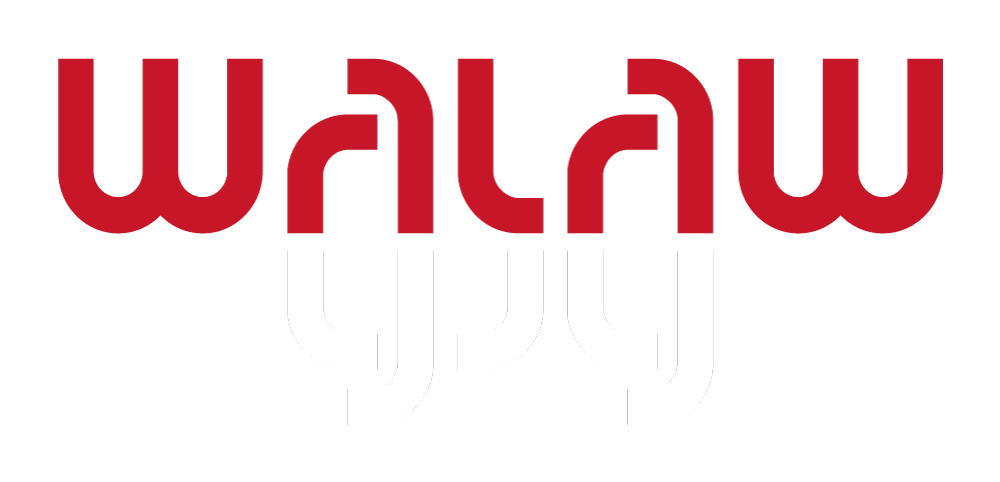-
18:00
-
17:40
-
17:20
-
17:00
-
16:50
-
16:30
-
16:00
-
15:40
-
15:20
-
15:00
-
14:40
-
14:20
-
14:00
-
13:30
-
13:00
-
12:40
-
12:20
-
12:00
-
11:40
-
11:20
-
11:00
-
10:40
-
10:20
-
10:00
-
09:30
-
09:00
-
08:30
-
08:00
-
07:30
-
07:00
Venezuelan Protesters Vandalize Hugo Chávez Statues in Response to Controversial Election Results
In the wake of Venezuela's contentious presidential election, protests have surged nationwide, with opposition supporters directing their anger towards symbols of the nation's political legacy. Central to this unrest are statues of Hugo Chávez, the late president and mentor to current leader Nicolás Maduro, which have become targets of public outrage.
At least seven monuments dedicated to Chávez have been attacked; some have been decapitated by sledgehammers, while others have been completely toppled. In La Guaira, a coastal city near Caracas, protesters dismantled a 3.5-meter statue of Chávez that had been unveiled by Maduro in 2017. The fallen monument was dragged through the plaza, doused in gasoline, and set ablaze as demonstrators proclaimed the imminent downfall of the government.
Similar scenes unfolded in Coro, the capital of Falcón state, where protesters were captured on video demolishing a concrete effigy of Chávez. The crowd cheered as the statue crumbled, with one protester triumphantly waving the Venezuelan flag over the debris. In Calabozo, Guárico state, another statue fell victim to hammers and metal poles wielded by determined protesters.
While attacks on Chávez statues are not unprecedented—several were targeted during the 2017 unrest that claimed over 160 lives—the scale of the current vandalism is notable. Jesús Castellanos, a consultant for the NGO Transparencia Electoral, attributes this widespread destruction to deep dissatisfaction with the National Electoral Council's (CNE) declaration of Maduro's victory, which many believe does not reflect the true outcome of the election.
The election results have been met with skepticism and calls for transparency from the opposition, independent observers, and even neighboring leftist governments in Colombia and Brazil. These parties have urged the CNE to release voting tally sheets, a request that has so far been denied.
The Carter Center, an Atlanta-based NGO invited by the Maduro government to observe the vote, issued a scathing rebuke of the election process. The organization declared its inability to verify the results due to a "complete lack of transparency" in declaring Maduro the winner without providing individual polling tallies. The Carter Center emphasized that the election failed to meet international standards and "cannot be considered democratic."
Opposition leader María Corina Machado claims to possess copies of 84% of the voting tallies from polling stations, which she asserts provide "irrefutable and irreversible proof" of their victory. Meanwhile, the government's response to the protests has been severe, with reports of violent repression.
According to the NGO Foro Penal, at least 11 people, including two teenagers, have been killed by security forces during the unrest. Alfredo Romero, the NGO's president, criticized the government's approach, stating that "political protests are repressed" instead of being met with dialogue.
Maduro, addressing supporters outside the presidential palace, vowed to punish those responsible for the attacks on Chávez statues. He likened the incidents to images from post-Soviet revolutions, which he claimed were instigated by the United States. "They have been captured, they are under arrest, and they will be punished with the full force of the law," Maduro declared, calling for respect for history and the law.
As Venezuela faces this latest political crisis, the international community watches closely, hoping for a peaceful resolution to the disputed election and the ensuing unrest. The toppling of Chávez statues serves as a powerful symbol of the deep-seated frustrations and desire for change among a significant portion of the Venezuelan population.


